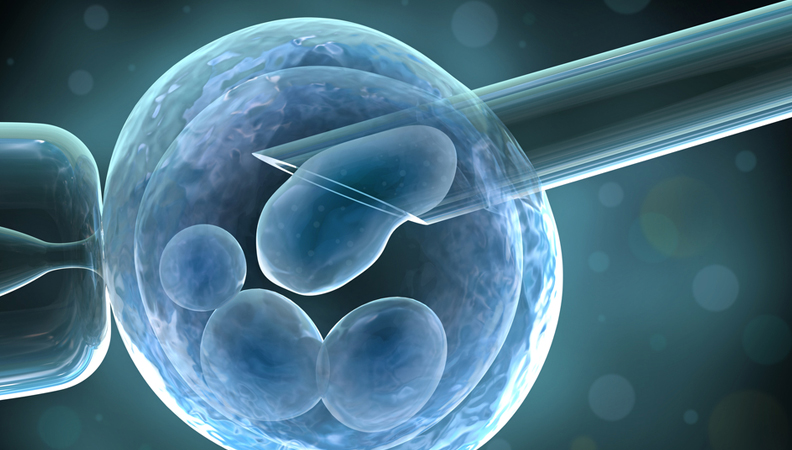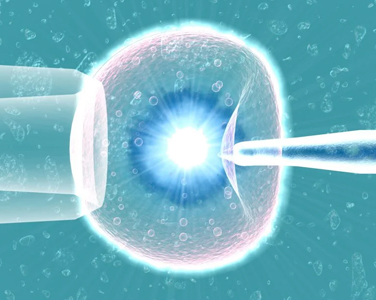Subtotal $0.00
Baby ivf fertility is dedicated to assisting you in realising your dream of becoming a parent. Our team of fertility doctors travels the country providing top-notch clinical and fertility science. Our Best IVF doctors are kind individuals who believe in providing tailored care for a better patient experience.
Noida UP
Shopping cart
- Phone:+91 9643795881
- Email:info@babyivffertility.com
- Noida UP



